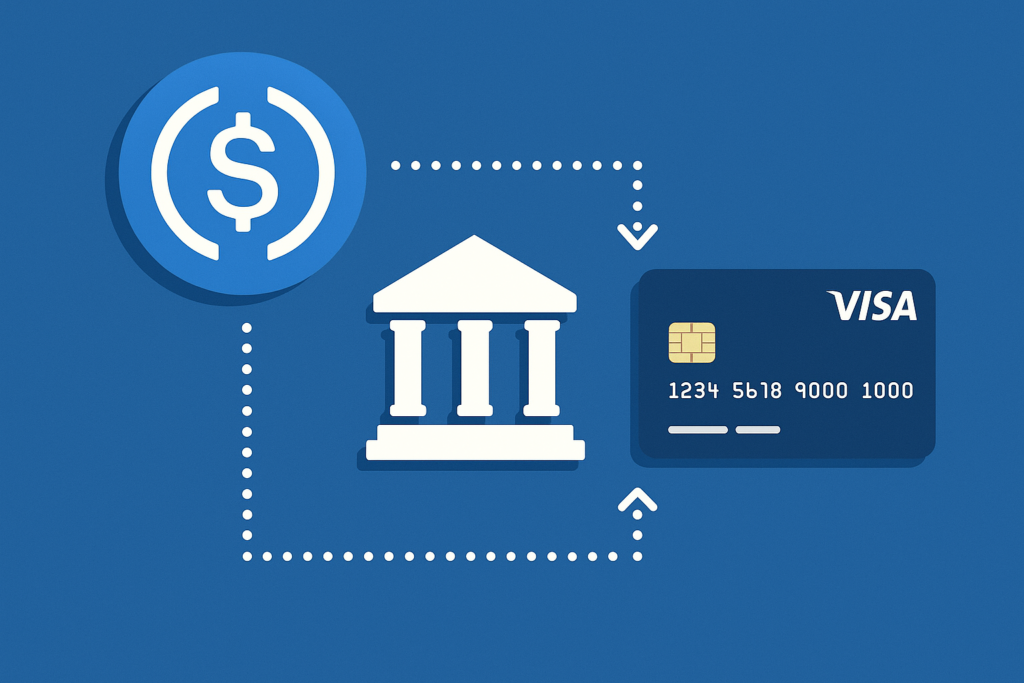
Visa Launches Stablecoin Payout Pilot in the US
Visa, a global leader in payment solutions, is taking a significant step in the world of cryptocurrency. The company has announced the launch of a stablecoin payout pilot, enabling US-based businesses to process payments using USD Coin (USDC) directly to recipients’ crypto wallets. The move, revealed at the Web Summit in Lisbon, highlights Visa’s commitment to bridging traditional financial models with blockchain technology.
How Does the Stablecoin Pilot Work?
This pilot program utilizes Visa Direct to transfer funds in mere minutes, bypassing the traditional multi-day processing timeline. Initially, this service is aimed at business-to-worker transactions, including salaries, freelance payments, and contractor disbursements. While currently available only to select US-based partners, a full-scale rollout is planned for 2026. This solution is ideal for companies operating across borders and those working with gig economy participants who often face friction in traditional banking systems.
The Benefits of Blockchain Integration
Data from Visa reveals that 57% of gig workers prefer digital payments due to their immediacy. By integrating stablecoins into existing payment workflows, Visa addresses key inefficiencies of legacy financial systems. This pilot not only accelerates payment timelines but also reduces costs for cross-border transfers—a crucial advantage for globally dispersed teams and contractors.
Visa’s Blockchain Track Record
This isn’t Visa’s first foray into blockchain technology. Earlier in 2023, Visa expanded its stablecoin capabilities, supporting tokens such as Global Dollar (USDG), PayPal USD (PYUSD), and Euro Coin (EURC) across Stellar and Avalanche blockchains. Real-time treasury transfers and pilot tests for inter-business settlements further showcase Visa’s dedication to revolutionizing financial infrastructure.
Regulatory Milestones Drive Momentum
The 2023 passage of the GENIUS Act in the US, which establishes a federal framework for stablecoins, has encouraged major financial institutions to explore blockchain use cases. Companies like Western Union, Citigroup, JPMorgan, and Bank of America are also developing stablecoin-based financial models, indicating a growing adoption of this technology.
What It Means for the Future
Visa’s efforts to integrate stablecoins into mainstream financial systems represent an important convergence of blockchain technology and enterprise finance. By 2026, the normalization of digital wallets alongside traditional bank accounts could transform payroll systems, operational transfers, and everyday payments. This is a pivotal step that could redefine how businesses and individuals engage with financial systems.
Recommended Product: Discover the Benefits of Ledger Hardware Wallets
If you’re considering adopting cryptocurrency as part of your financial ecosystem, securing your digital assets is essential. The Ledger Nano X is a highly recommended wallet to store your cryptocurrencies securely. Its advanced security features and user-friendly interface make it ideal for anyone looking to manage their digital assets with peace of mind.





